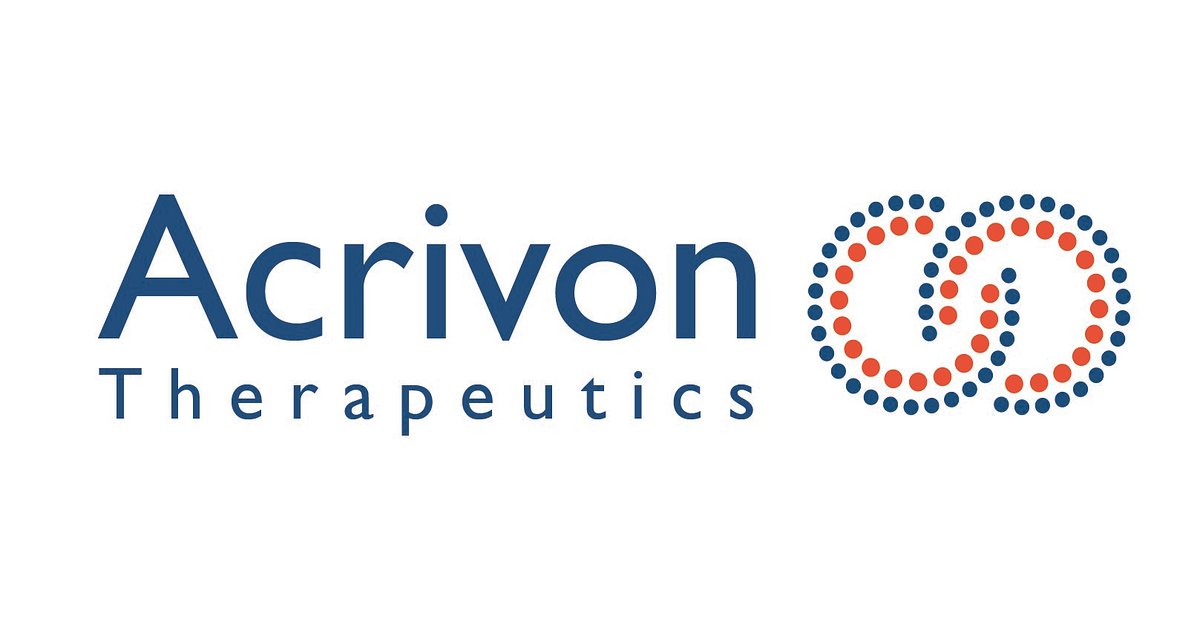
Acrivon’s Precision Oncology Approach Fuels Growth, Data Signals Promise for Endometrial Cancer
Clinical trial advancements and a robust platform for drug discovery position Acrivon Therapeutics as a key player in precision oncology. New data offers hope for patients battling endometrial cancer.
Acrivon’s Precision Oncology Approach Fuels Growth, Data Signals Promise for Endometrial Cancer
NEW YORK, NY – November 13, 2025
Biotech Firm Advances Pipeline, Projects Strong Runway
Acrivon Therapeutics today announced its Q3 2025 financial results, showcasing a continued commitment to its precision oncology pipeline and a projected cash runway extending into the second quarter of 2027. While reporting a net loss of $18.2 million for the quarter, the company highlighted significant progress with its lead programs, ACR-368 for endometrial cancer and ACR-2316 for solid tumors, signaling a potential turning point in the fight against these challenging diseases.
The company’s strong focus on biomarker-driven trials and its innovative Generative Phosphoproteomics AP3 platform are central to its strategy. This platform, designed to predict drug response and identify patients most likely to benefit from therapy, is increasingly viewed as a key differentiator in a crowded oncology landscape. “The ability to move beyond a ‘one-size-fits-all’ approach to cancer treatment is critical,” explained one industry analyst. “Companies like Acrivon, which can effectively stratify patients and target therapies accordingly, are well-positioned for success.”
ACR-368 Shows Promise in Endometrial Cancer Trials
Acrivon’s lead program, ACR-368, a prexasertib, is currently undergoing a registrational-intent Phase 2b trial for endometrial cancer. Recent interim data reveal encouraging results, particularly in heavily pretreated patients, with a confirmed overall response rate of 35%. The trial incorporates the company’s OncoSignature assay, a companion diagnostic designed to identify patients whose tumors are sensitive to ACR-368. The FDA has granted Fast Track designation to ACR-368 and Breakthrough Device designation to the OncoSignature assay, validating the potential of this personalized approach.
Endometrial cancer, while often diagnosed early, still presents significant challenges. Standard treatments, including surgery, radiation, and chemotherapy, aren't effective for all patients, and recurrence is common. “There’s a clear unmet need for new therapies, especially for patients with advanced or recurrent disease,” noted a medical oncologist specializing in gynecological cancers. “The data we’ve seen so far with ACR-368, coupled with the predictive power of the OncoSignature assay, is very promising.” The company is actively recruiting patients for the Phase 2b trial, exploring both monotherapy and combination regimens with ultra-low dose gemcitabine.
Expanding Pipeline with ACR-2316
Beyond ACR-368, Acrivon is also making strides with its novel WEE1/PKMYT1 inhibitor, ACR-2316, currently in a Phase 1 trial for advanced solid tumors. Initial data from the dose-escalation phase have demonstrated clinical activity in multiple tumor types, including tumor shrinkage and confirmed partial responses. This suggests the potential for ACR-2316 to address a broader range of cancers. The company anticipates releasing more comprehensive clinical data from the trial in the coming months.
“ACR-2316 is designed to overcome some of the limitations of single-target WEE1 and PKMYT1 inhibitors,” explained a proteomics specialist familiar with the program. “By targeting both kinases, it may provide a more durable and effective response, particularly in tumors that have developed resistance to other therapies.” The Phase 1 trial is designed to evaluate the safety, tolerability, and efficacy of ACR-2316, paving the way for potential Phase 2 trials in specific tumor types.
AP3 Platform: A Differentiator in Drug Discovery
At the heart of Acrivon’s innovation lies its proprietary AP3 platform. This platform goes beyond traditional genomic approaches to drug discovery by analyzing phosphoproteomics data – the study of protein modifications that play a critical role in cell signaling. By understanding how drugs affect these signaling pathways, Acrivon can design more targeted and effective therapies. “The AP3 platform is a game-changer,” stated a drug development expert. “It allows Acrivon to identify drug candidates with a higher probability of success and to predict which patients are most likely to respond.”
The platform also enables the creation of predictive biomarkers, such as the OncoSignature assay, which can identify patients who are most likely to benefit from a specific therapy. This personalized approach to cancer treatment has the potential to significantly improve outcomes and reduce healthcare costs. Acrivon’s commitment to biomarker-driven trials and its innovative platform are positioning the company as a leader in the field of precision oncology. The company’s strong financial position, with a projected cash runway extending into 2027, provides a solid foundation for continued growth and innovation.
